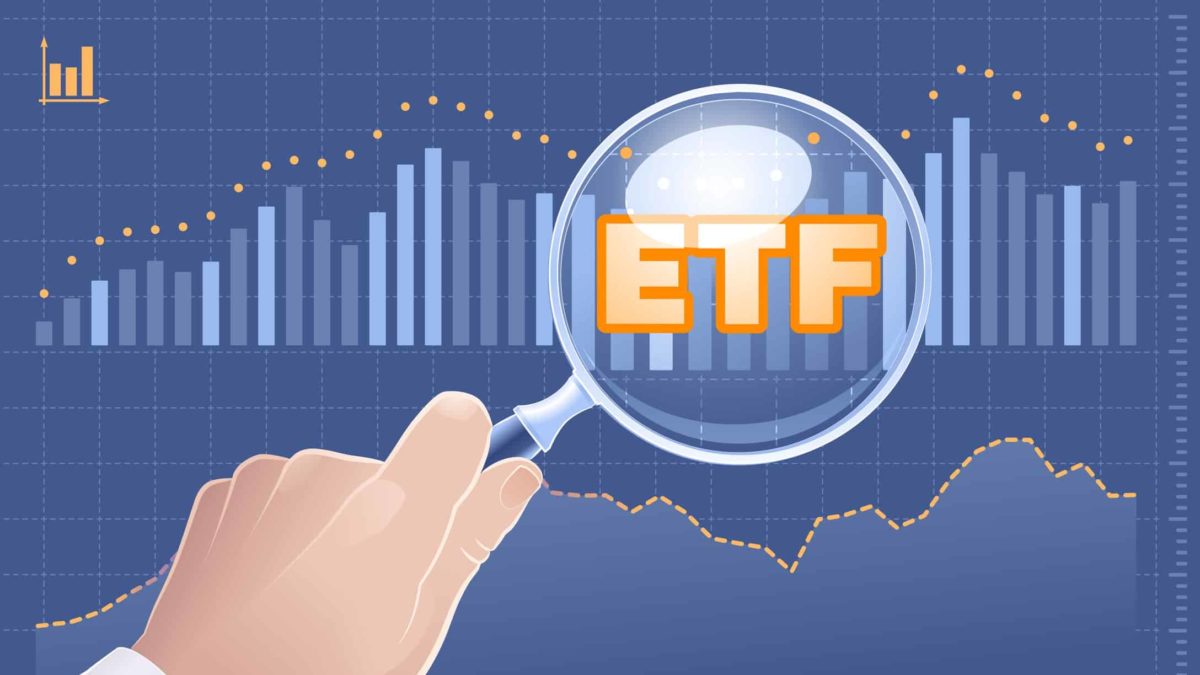I think that ASX shares are a great way to become wealthy over time. The exchange-traded fund (ETF) Vanguard Australian Shares Index ETF (ASX: VAS) is a very popular way for Aussies to invest in the ASX share market.
The Vanguard Australian Shares Index ETF has assets under management (AUM) of around $12.5 billion and it's steadily growing over time as more people add money into share market.
With it being such a popular choice, I think it's worth asking whether it holds the ticket to building long-term wealth.
What does Vanguard Australian Shares Index ETF do?
The purpose of the ETF is to track the return of the S&P/ASX 300 Index (ASX: XKO). That index represents 300 of the biggest businesses on the ASX.
The five biggest positions are: BHP Group Ltd (ASX: BHP), Commonwealth Bank of Australia (ASX: CBA), CSL Limited (ASX: CSL), National Australia Bank Ltd (ASX: NAB) and Westpac Banking Corp (ASX: WBC).
There are 295 other holdings including banks, miners, retailers and so on.
If the share price performance of the underlying businesses is good, the ETF will rise. If dividends are paid by the companies, those payments will be passed through to investors.
One of the most helpful things about this ETF is how cheap the management fees are. The lower the costs, the more of the net returns are left in the hands of the investor. It currently has an annual management fee of 0.10%.
Has Vanguard Australian Shares Index ETF helped grow wealth?
Firstly, past performance is not a reliable indicator of future performance.
Looking at the returns over the decade to 31 January 2023, the total return was an average of 8.7% per year. That level of return would turn $1,000 into $2,000 in less than nine years. In other words, investors could double their money in eight and a bit years.
Of course, each individual invests at different times and at different prices, so the returns may differ somewhat. But, the ETF itself has provided the ASX share market return, which has been reasonable over a long period.
I wouldn't suggest someone put all of their investment money into one choice. But, let's imagine someone puts all of their monthly savings into buying units of the Vanguard Australian Shares Index ETF.
Investing $1,500 a month into the ETF, and if it returned an average of 8.7% per annum, after 20 years they would have around $890,000.
That sounds like a good amount of money to me.
Is it the ticket to building wealth?
I think Vanguard Australian Shares Index ETF is a good choice. But, if we invest all our money in choice A, then we aren't able to invest in choice B.
For starters, I'd want diversification in my portfolio. The ASX share market is only a small part of the global share market. I think it's a good idea to own a bit of US shares, some European shares and so on.
We don't need to go and individually buy those international companies. Another ETF can do the trick. Vanguard Msci Index International Shares ETF (ASX: VGS) invests in a portfolio of global shares and iShares S&P 500 ETF (ASX: IVV) invests in a portfolio of 500 US-listed businesses.
Not only do these ETFs offer diversification, but I think they could achieve stronger returns over the long term.
The ASX is dominated by large miners and domestically-focused banks. I don't think it's surprising that distribution income from the ETF makes up more than half of the total return over the past decade. That also implies there hasn't been that much capital growth.
I think businesses like Alphabet and Microsoft are good examples of businesses that have targeted the global economy for growth. It gives the businesses a stronger growth runway, in my opinion, so they can deliver better returns.
The MSCI World Net Total Return Index (AUD), which is a benchmark for the global share market, has returned an average of 13.4% per year over the past decade. That's despite all the volatility we've seen since the start of 2022.
If an investor invested $1,500 per month for 20 years, and the investment returned 13.4% per annum, it would turn into $1.52 million. We can't know what future returns will be, but I think it's worth investing in ASX growth shares or global shares that could grow more over time.
However, the Vanguard Australian Shares Index ETF seems like a worthwhile investment that can produce reasonable returns.









